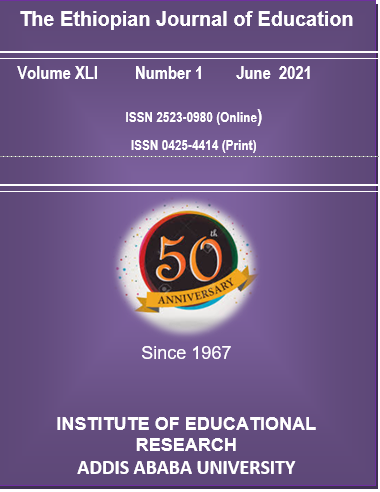Student Teams Achievement Division and its Effect on Junior Secondary School Students’ Map Reading Skills
Keywords:
Student Team Achievement Division, Cooperative Learning, Experimental Group, Control Group, Pre-test, Post-testAbstract
The main purpose of this study was to assess the effect of the Student Team Achievement Division (STAD) learning technique on students’ academic achievement. The pretest-posttest experimental and control quasi-experimental design was used for the study. The participants of the study were 91 students from the junior secondary school who were supposed to sit for Ethiopian General Secondary Education Certificate Examination. Results showed that both the experimental and control groups were almost equal in map reading skills at the commencement of the treatment. In addition, the findings of the study indicated that the experimental group significantly outscored the control group in the post-test. Results further pointed out that the comparison of mean post-test scores of high and low achievers showed a significant difference between the two groups. It was also found out that STAD was the best cooperative learning method that promoted a positive change in students’ learning and perception. These findings call for, among others, reevaluation of the current geography syllabus and the teaching practices at high schools and teacher training programs to improve students' knowledge about map reading in great detail.
